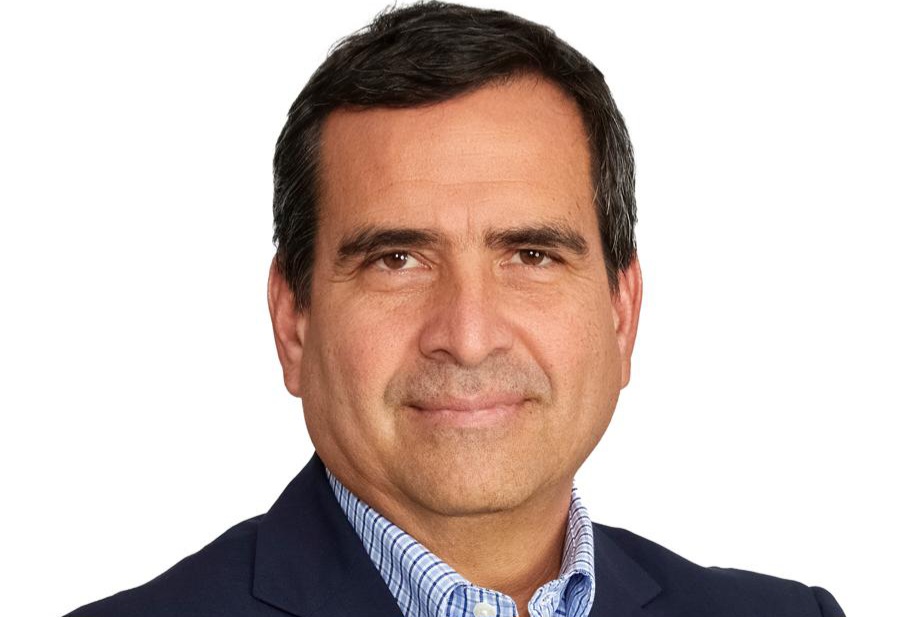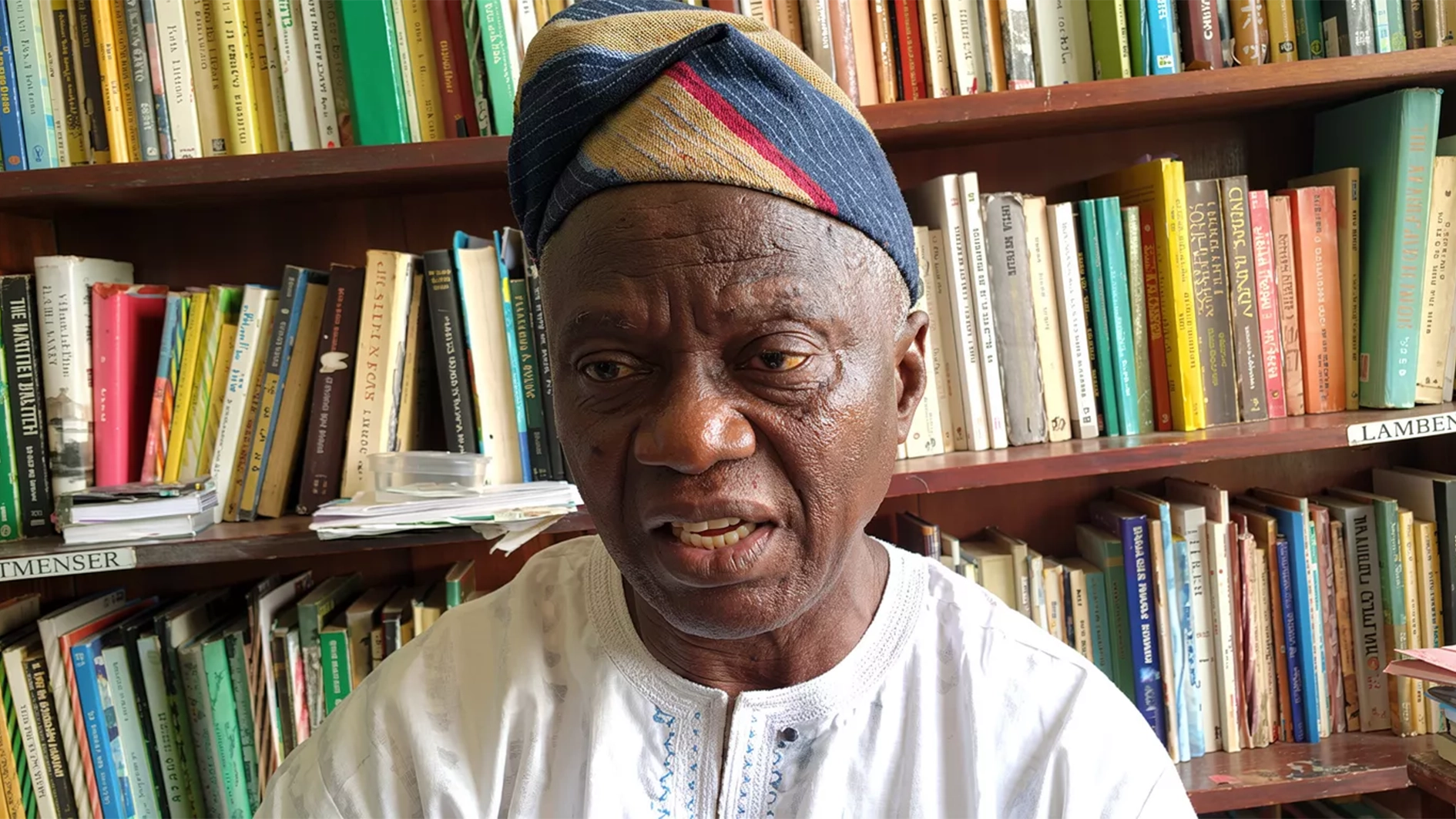 In this with Roberto Taboada, the Anglophone West Africa Network Lead for Roche Diagnostics and Adenike Dosumu, the Regional Manager for Roche Diagnostics, they spoke on blood donation and the challenges of ensuring safe transfusions in the Anglo-West African region, with a particular focus on Nigeria as well as Roche Diagnostics effort in assisting to tackle the challenges.
In this with Roberto Taboada, the Anglophone West Africa Network Lead for Roche Diagnostics and Adenike Dosumu, the Regional Manager for Roche Diagnostics, they spoke on blood donation and the challenges of ensuring safe transfusions in the Anglo-West African region, with a particular focus on Nigeria as well as Roche Diagnostics effort in assisting to tackle the challenges.
What are the eligibility criteria for blood donation? Could you elaborate on the specific challenge of blood donation in the Anglo-West African region and how Roche Diagnostics is addressing this issue?
According to the World Health Organisation (WHO), most people between the ages of 18 to 65 can donate blood. You must be in good health at the time you donate. You cannot donate if you have a cold, flu, sore throat, cold sore, stomach bug, or any other infection.
You also must weigh at least 50 kilogramme and have haemoglobin level of not less than 12.0 g/dl for females and not less than 13.0 g/dl for males. You cannot donate blood if you have tested positive for Human Immunodeficiency Virus (HIV), have engaged in risky sexual behaviour, or have injected recreational drugs
The major challenge is low number of voluntary donors and as Roche we are championing this mindset shift, during the WBDD in June 2024, we hosted two blood drives at both the Lagos and Abuja Offices.
By doing this, we are building a culture of donation amongst our people. In the past we have had media campaigns and we would also be rolling out several campaigns highlighting the benefits of donation not just to the recipient but the donor as well.
How often can an individual donate blood and what are the most prevalent blood genotypes in the Anglo-West African region. Also, how does this influence Roche’s diagnostic and strategies?
An individual can donate blood as often as factors such as the type of blood donation and his/her health status are considered. Whole blood donation can be donated every 8 weeks, platelet donation every seven days, plasma donation every 28 days, and double Red Blood Cell donation every 16 weeks.
The most prevalent blood genotypes in the Anglophone West African regions are the AA and the AS genotypes, while the SS is less common but is still very significant due to the high frequency of the sickle cell gene in the population.
The prevalent blood genotypes especially those related to sickle cell disease, have a huge influence on Roche Diagnostics strategies and initiatives in Anglophone West Africa. Roche focuses on early detection, personalised treatment, and collaboration with public health organisations to address the unique healthcare needs of populations with high prevalences of haemoglobin variants.
By developing accessible diagnostics and supporting public health initiatives, Roche plays a critical role in improving the management of blood-related genetic disorders in the region.
How is Roche addressing the challenges in the process for screening potential blood donors in the Anglo-West African region?
As the only single provider of Pre-analytics, Serology & NAT testing for blood banks and plasma fractionators globally, we are poised to work with blood banks in the Anglo-African region to deliver safe blood from donor to recipient.
When you give a person a TTI because a sub-optimal screening method was used, you can’t take it back, and that underscores the importance of blood safety that’s where we come in offering our array of Blood safety solutions with proven and reproducible sensitivity and specificity.
How do our health authorities ensure the safety of donated blood in Nigeria?
The health authorities have national guidelines to ensure the safety of donated blood. The guidelines indicate that potential donors should undergo thorough screening processes to ensure they are in good health and free from infectious diseases that could be transmitted through blood transfusions.
This includes assessing their medical history, lifestyle factors, and potential exposure to infectious agents. In addition, Blood donations are subjected to extensive testing for various infectious diseases, including HIV, hepatitis B and C, syphilis, and other pathogens.
Advanced testing technologies need to be implemented to enhance the detection of potential contaminants. These include serology testing, as well as NAT technologies.
Here is where Roche can play an important role since we can provide both technologies to the blood banks in Nigeria.
What are the most common reasons for blood transfusion in the Anglo-West African region compared to Nigeria? And how do you manage blood shortages in Nigeria?
The common reasons for blood transfusion in the Anglo-West African region compared to Nigeria are Malaria and Sickle cell disease, post-partum haemorrhage, trauma, and surgeries. It is worthy of note that while the reasons for blood transfusions are broadly similar in Nigeria and the wider West African region, the scale of these issues can be more pronounced in Nigeria due to its larger population and healthcare challenges.
Blood shortages in Nigeria are managed by voluntary blood donation campaigns, family replacement donations, public awareness and education, partnerships with international organisations (WHO, USAID, Red Cross, Safe Blood for Africa Foundation, etc), Expanding blood banks, improving storage and distribution, Autologous blood donation, collaboration with faith-based organizations
Given the challenges associated with serological assays in blood screening, particularly in low and middle-income countries such as Nigeria, what specific strategies is Roche implementing to bridge the gap between the need for affordable, accurate blood safety testing and the current regulatory hurdles?
Recently our Cobas Pure e402, Our recommended instrument for serology screening received the extended blood bank claim validating its use in blood banks and plasma fractionation and this is the Instrument we offer blood banks in Nigeria.
Furthermore, we have committed to providing our full spectrum of RBSS Solutions at access pricing because we understand that we need to have best-in-class screening solutions yet at accessible pricing for countries like Nigeria
Our Local Team includes expertise ranging from Medical to Technical services, this ensures we offer best in class Training and support to the Operators at the blood bank where our solutions are deployed, we will also be hosting round table conversations with these healthcare professionals, facilitating peer-to-peer exchange will other blood safety professionals across the globe as we see the need.
What are the challenges facing blood donation and transfusion services in the Anglo-West African region using Nigeria as a case study, and how can they be addressed?
The WHO recommends that a nation holds 1-2% of its population in donated blood volumes. This would mean, a country like Nigeria should have 2 – 4 Million Pints of blood. We do know we are nowhere close. Be that as it may, the challenges we face are quite multi-sectoral.
For example, If we reduce preventable causes of anemia and Postpartum Hemorrhaging we reduce thebstrain on the Blood reserves. If we addressed many of the Myths surrounding Blood donation, and helped the general public see the remarkable benefits of voluntary blood donation such as improved cardiovascular health, we could see more people become voluntary donors
How do you promote blood donation awareness and education in Nigeria?
Blood donation awareness and education are promoted in Nigeria by several factors which include, public awareness campaigns such as mass media engagement, dispelling myths andbmisconceptions, influencers and celebrities.
Also, collaborations with religious and community organisations including churches, mosques, community leaders, and traditional institutions. Targeted blood donation drives including corporate social responsibility, schools and universities campaigns; incentives and recognition, education in schools, partnerships with non-governmental organisations (NGOs) and health organisations as well as leveraging on technology and social media
What role does Roche Diagnostics envision for itself in supporting governments and healthcare systems in Nigeria and the Anglo-West African region to achieve these goals?
We are collaboratively supporting the policymakers and federal and state governments to improve the safety of blood to the citizens. That collaboration may include the Access pricing we spoke of earlier, exposure to best practices, and peer-to-peer experience sharing via exchange visits to other National blood transfusion services in other countries of the world.
We offer Rapid Improvement Events to blood Banks helping improve and optimize the activities in the Lab.






